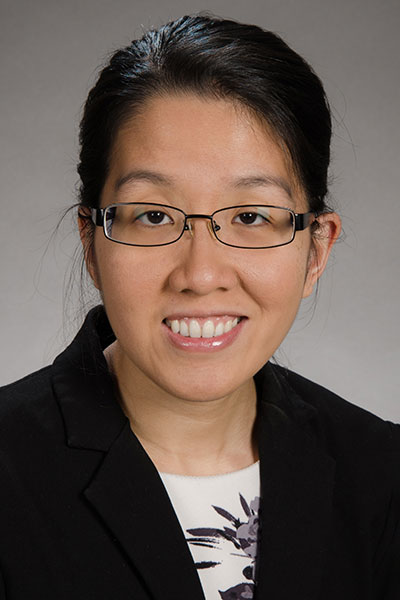The COVID-19 Global Rheumatology Alliance (GRA) was created to gather evidence about the effects of the pandemic on people living with rheumatic disease. It also demonstrated the potential of social media as a tool for researchers.

“It is entirely possible to conduct rigorous research remotely with people that you’ve never met,” said Jean Liew, MD, MS, Assistant Professor of Rheumatology, Boston University, and a member of the GRA. “You do not have to be in a room with them. They do not have to be at your institution.”
Dr. Liew discussed the utility of social media for scientific communication and medical education, with a focus on Twitter, in the Sunday, November 13, session Rheumatology Online: Disseminating the State of the Art on Social Media. The session is available for on-demand viewing for registered ACR Convergence participants through October 31, 2023, on the virtual meeting website.
In the early spring of 2020, when there was little information on COVID-19 outcomes for people with rheumatic disease, a series of tweets helped facilitate the swift creation of a registry to collect data on this population.
“In May, two months after that first week, we had our first big publication, our first multivariable analysis looking at risk factors of hospitalization and COVID-19,” Dr. Liew said. “So, even though all of this started on social media as a bunch of tweets, this is impactful work. A lot of the things that we found in those early days, those first few months of doing this work in 2020, all of that has held up.”
Having clear expectations and roles, multiple touchpoints, and well-defined action items all benefitted the GRA process, she said.
“We did so much of this work over three, six months in 2020, and that is not the usual timeline for getting research done, especially with IRB (Institutional Review Board), especially if IRB is across countries, across continents,” Dr. Liew continued. “The fact that we could do that, at the start of the pandemic, was different, and I think we should still retain some of that and be able to do some of that moving forward because this should not be a one-off thing.”
For those who are new to social media, Dr. Liew, who uses the Twitter handle @rheum_cat, also outlined how these online platforms can be harnessed to connect with and support rheumatology professionals.
“If you have a research group, whether it’s a wet lab or a dry lab, you can get them a Twitter account and amplify what they’re doing,” Dr. Liew said. “And it doesn’t all need to be the research. You can amplify the people.”
Accolades, accomplishments, publications, and more are all fair game for social media, she said.

Mike Putman, MD, MSc, Assistant Professor of Medicine, The Medical College of Wisconsin, and host of the Evidence Based Rheumatology Podcast, highlighted how rheumatologists can use podcasts to stay up to date on the latest developments in the field, including practical tips on how start a podcast.
More than a third of people worldwide have listened to podcasts in the past year, he said. In the U.S. alone, 162 million people listened to podcasts in 2021.
Dr. Putman described podcasts as “the new iteration of radio,” with some notable differences. Podcasts feature on-demand audio content that is often “evergreen” and is not regulated. Podcast content also is not tied to location appeal the way radio content often is.
“If I listen to a podcast, it’ll be more targeted because they can appeal to a larger audience,” Dr. Putman said.
He recommends listeners subscribe to the podcasts they like. Several rheumatology podcasts exist, including ACR on Air, the official podcast of the ACR, and ACR Journals on Air, the newest ACR podcast featuring the three ACR journals.

Registered ACR Convergence 2024 Participants:
Watch the Replay
Select ACR Convergence 2024 scientific sessions are available to registered participants for on-demand viewing through October 10, 2025. Log in to the meeting website to continue your ACR Convergence experience.
